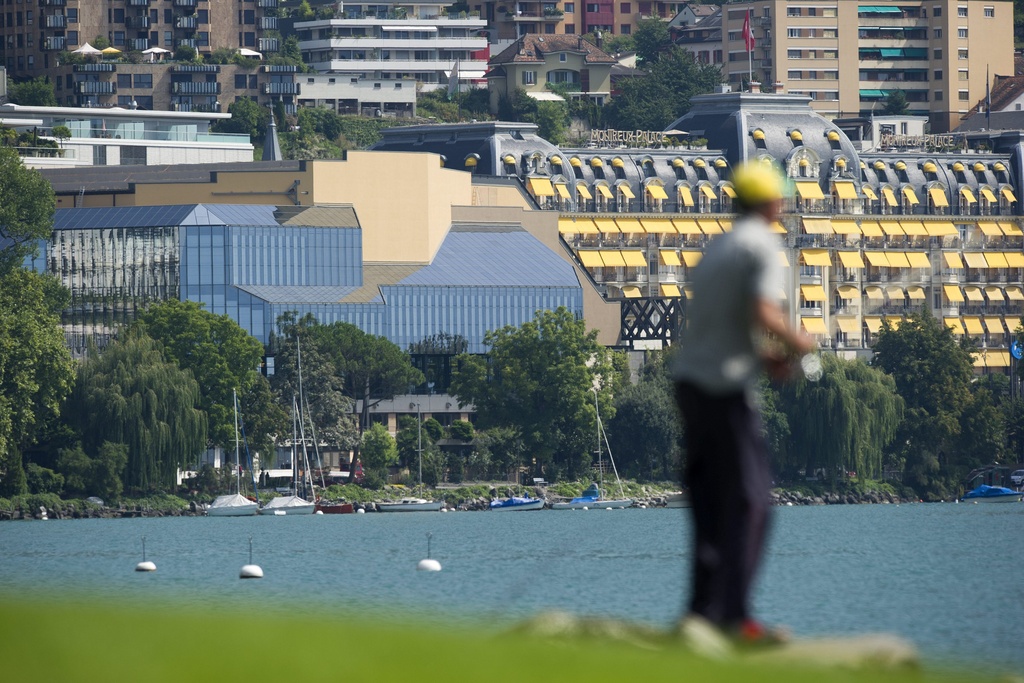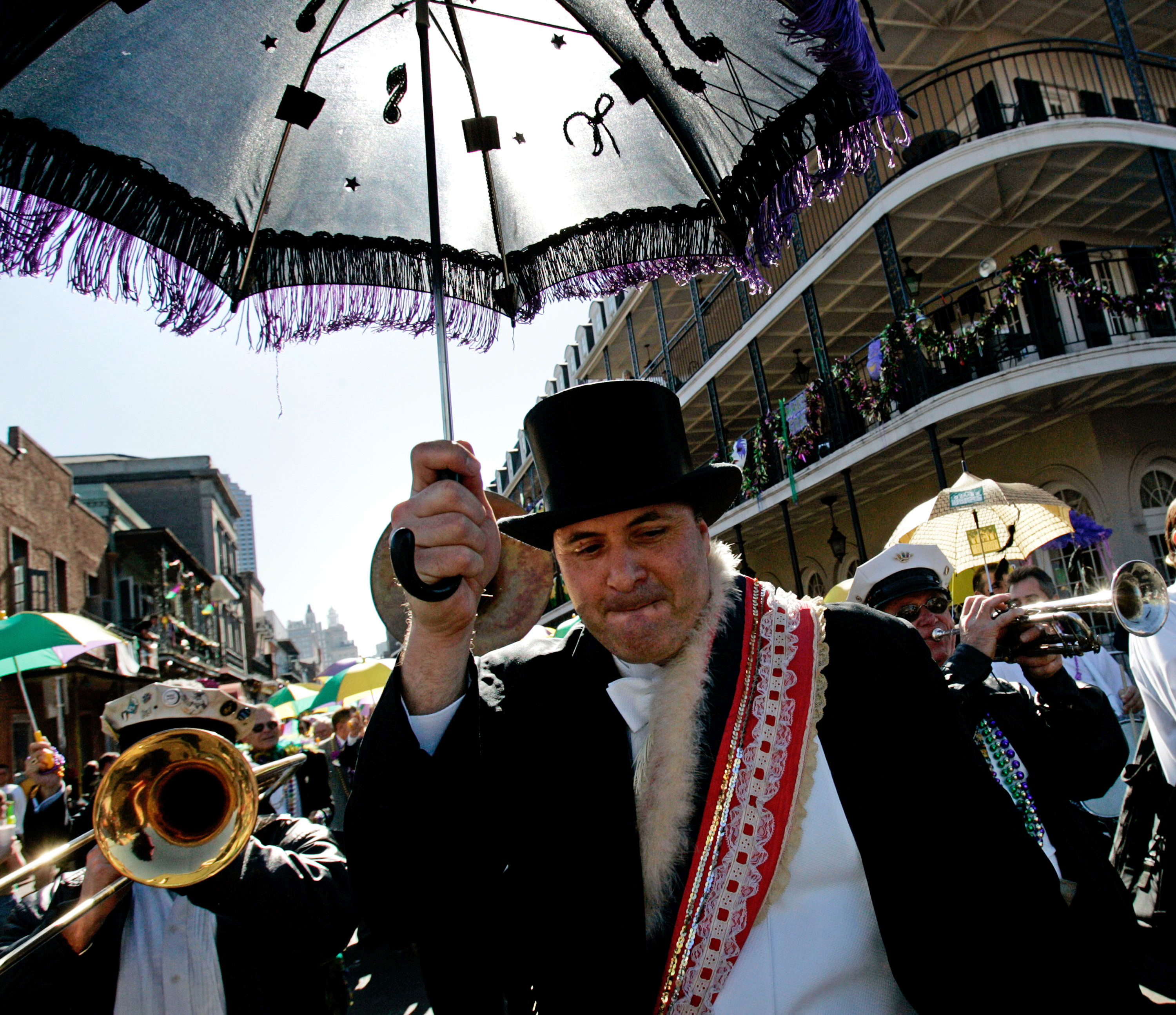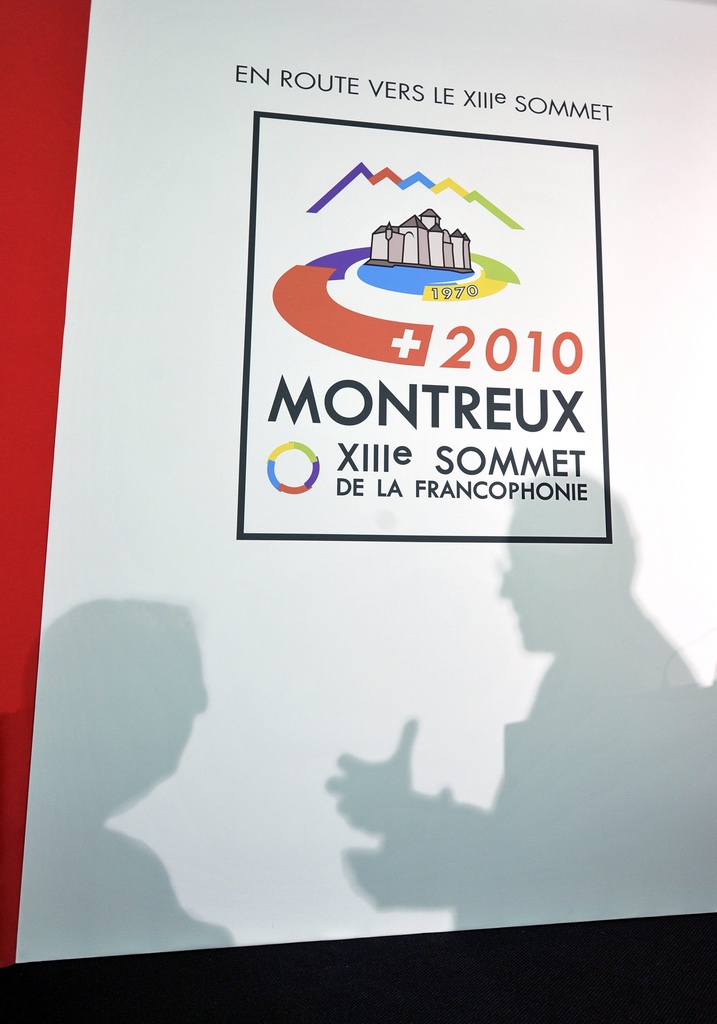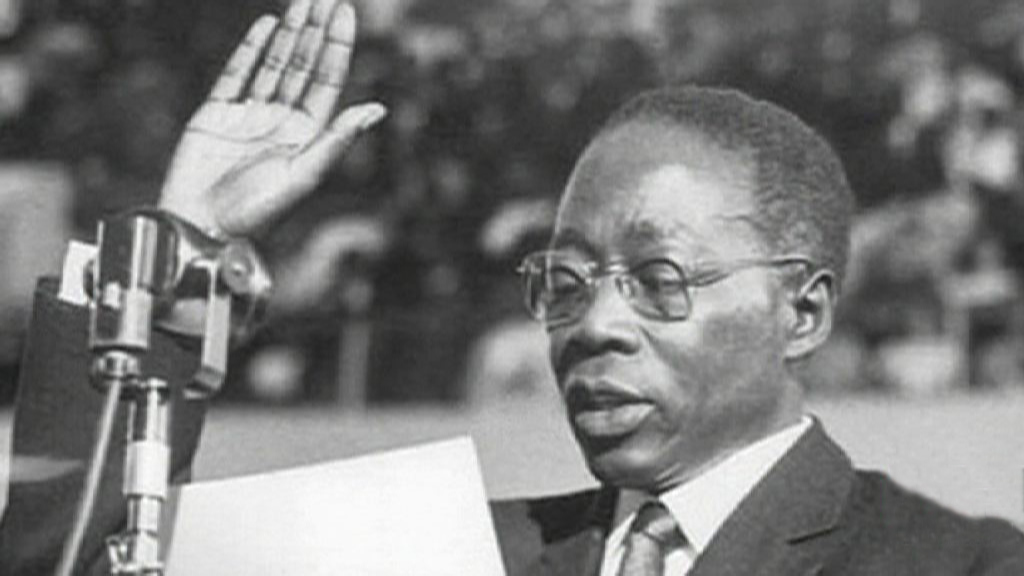Swiss hope for boost from Francophonie summit

For the first time ever Switzerland is hosting a meeting of French-speaking nations, which opens in Montreux on Friday attended by 40 heads of state.
Swiss officials and experts say the three-day Francophonie summit is an important political circle of influence which should help Switzerland regain some prestige and should also interest Swiss citizens from other language regions.
Switzerland officially became a member of the International Organisation of Francophonie (IOF) in 1995, but up to now it was the only major donor state that had not hosted the biennial get-together.
In the run-up to the opening, Swiss Foreign Minister Micheline Calmy-Rey underlined the importance of the summit, which brings together 70 countries representing 870 million people worldwide.
At a press conference in Bern on Monday, Calmy-Rey praised the summit as “a space to promote human rights, democracy and development”.
Bringing together a third of all United Nations members, she said it was an excellent opportunity for networking and debating current issues, including global governance, sustainable development, food security and climate change – the major themes this year.
Counter-balance
Experts say the IOF serves as a crucial counter-balance to the UN.
“The IOF has a non-globalised outlook that fights any kind of economic, political or cultural hegemony,” Jacques Barrat, professor of political science at the Panthéon-Assas University in Paris, told the Swiss News Agency.
“Unlike the UN, where voices echo in a void and where people tear their hair out unable to resolve conflicts, the IOF is fortunate as it does not stop wars, it prevents them.”
Jean-Marie Vodoz, president of the Fondation Défense du français, said the IOF offered members an “independent front where they could talk freely about their affairs outside UN and American influence”.
Although the defence of the French language is one of the IOF’s objectives, Vodoz felt the organisation was not doing enough.
“The political aspects tend to dominate the cultural ones too much,” he told the Swiss News Agency.
He also criticised the IOF’s rapid growth since 1997 without paying closer attention to its structures – “a bit like the European Union”.
Important for Swiss
For Laurent Gajo, a French specialist at Geneva University, the summit is extremely significant for the host nation.
“The summit comes at a good time for Switzerland,” Gajo told swissinfo.ch. “After recent turmoil over banking secrecy and minarets, Switzerland’s international image is not as spotless as it was 20 years ago.”
Gajo went further: “It’s one of the most important platforms of collaboration, multilateral relations and cooperation between developing and developed nations in the world.”
Although there are no obvious immediate benefits in sight, the summit should enable Switzerland to regain some “prestige” and rebuild its image, added former Swiss ambassador François Nordmann, who used to head the foreign ministry’s international organisations section.
Swiss reputation
Within the French-speaking world, Switzerland “is not a discrete or small player”, said Gajo.
Over recent years it has reduced some of its activities, but it is always very well thought of from a diplomatic or academic point of view, added Nordmann.
“Switzerland has a very good position, which is being reinforced by this summit, there is no doubt about that.”
But he said he did not expect any major outcomes from the meeting, which is a “normal stage in the organisation’s life”.
And with no politically sensitive issues to deal with, Switzerland was not taking any great risks in hosting the event, he added.
Other language regions
During her press conference Calmy-Rey underlined that the Montreux event, which was preceded by ministerial meetings, was significant for the whole of Switzerland, a multilingual country with a German-speaking majority.
“Francophonie may be perceived simply as the defence of the French language, but it has to be seen differently,” said the foreign minister, adding that the summit should give Switzerland huge visibility.
“For questions of image, foreign policy, international relations, cooperation and development aid, the whole of Switzerland should feel concerned by the event,” Gajo added.
“There is no objective reason that the French-speaking Swiss feel more involved than the rest of the country.”
The IOF, which was created in 1970, comprises 70 member states and governments (56 members and 14 observers), where French is spoken either as a main or secondary language.
Its mission is to encourage solidarity between its members, who together represent over one-third of the United Nations’ member states and account for a population of over 870 million people, including 220 million French speakers.
The IOF organises cooperation activities for French-speaking populations to promote the French language, peace and sustainable development. It has concluded 33 cooperation agreements with international and regional organisations.
The IOF has its head office in Paris as well as four permanent representations in Addis Ababa, Brussels, New York and in Geneva. The current secretary-general is Abdou Diouf.
Summit meetings are held every two years to develop strategies and goals.
Switzerland has participated in summits since 1989 and became a full IOF member in 1995. It will chair the IOF over the next two years.
The IOF’s annual budget stands at SFr120 million. Switzerland is the fourth-biggest IOF donor (SFr6.4 million annually) after France, Canada and Belgium.
Some 40 heads of state, 3,000 delegates and 600 journalists are expected to attend the summit in Montreux from October 22-24, 2010.
At the end of the meeting a declaration will be adopted summarising the issues agreed upon and the new IOF secretary-general will be elected.
From October 19-24 Montreux will host public conferences on the themes discussed by delegates. Lausanne is also hosting a meeting of the International Association of French-speaking Mayors.
A “Francophonie Village” has been built in town to generate local interest. The IOF, its aims and current issues affecting French-speakers were presented at summer festivals in Switzerland and debated at universities in French-speaking Switzerland.
Parliament approved a budget of SFr30 million ($31 million) for the event and 6,500 troops have been deployed to guarantee security.
French President Nicolas Sarkozy and Canadian Prime Minister Stephen Harper will be among those in attendance, alongside Swiss President Doris Leuthard, Foreign Minister Micheline Calmy-Rey and Interior Minister Didier Burkhalter.
Adapted from French by Simon Bradley

In compliance with the JTI standards
More: SWI swissinfo.ch certified by the Journalism Trust Initiative




You can find an overview of ongoing debates with our journalists here . Please join us!
If you want to start a conversation about a topic raised in this article or want to report factual errors, email us at english@swissinfo.ch.